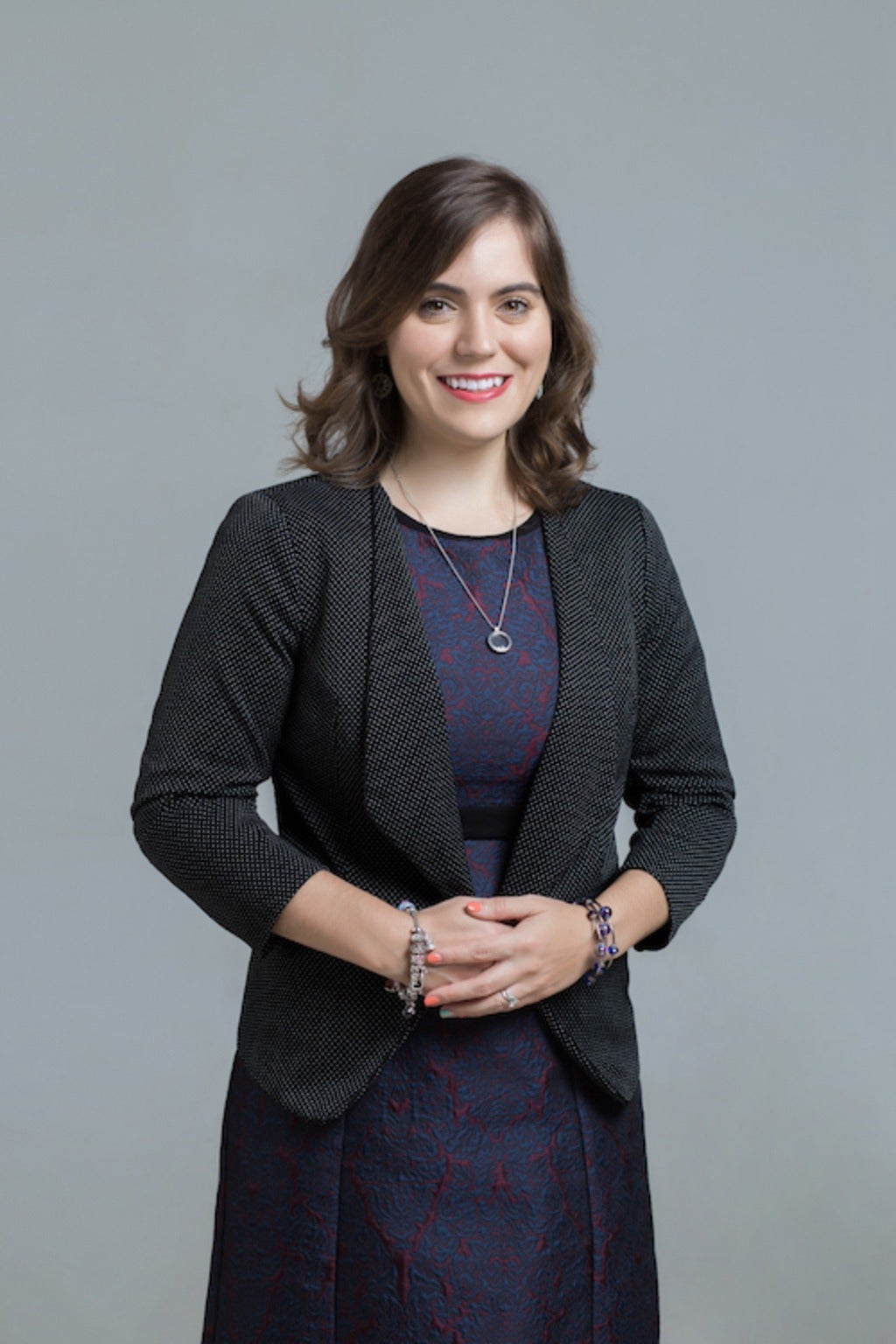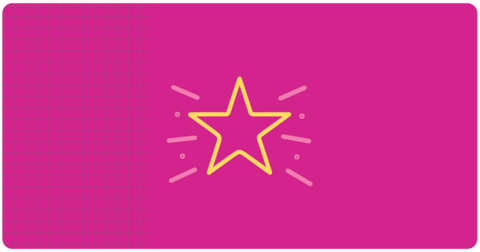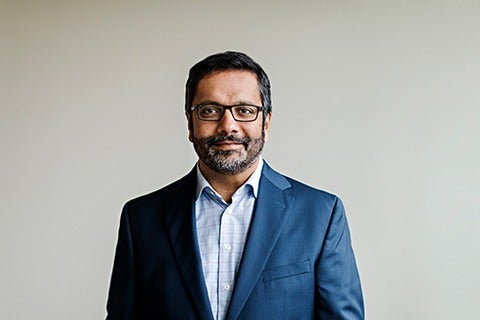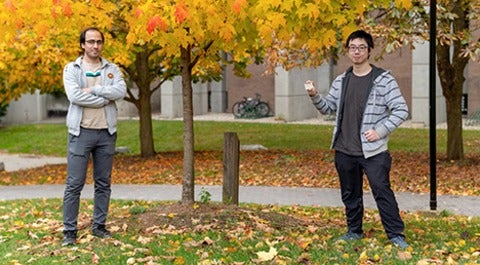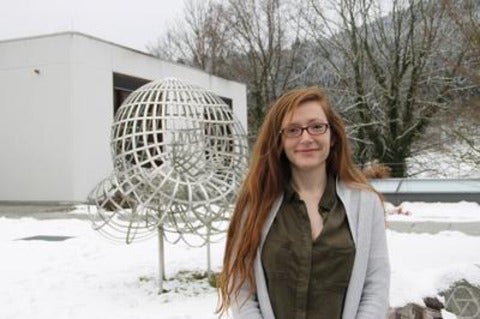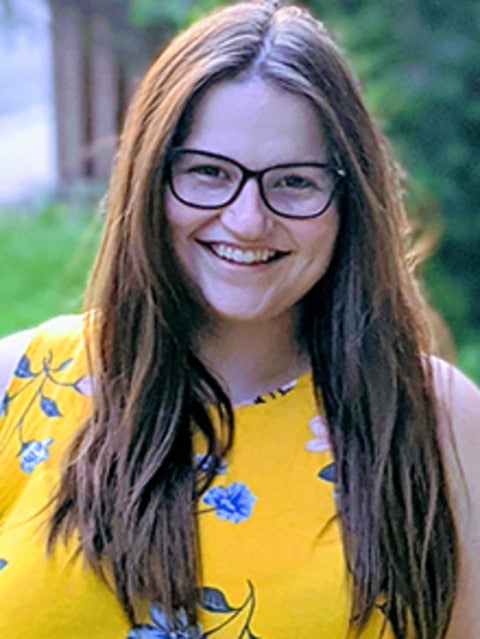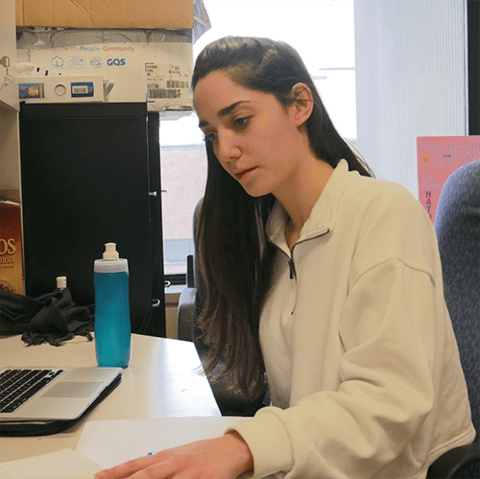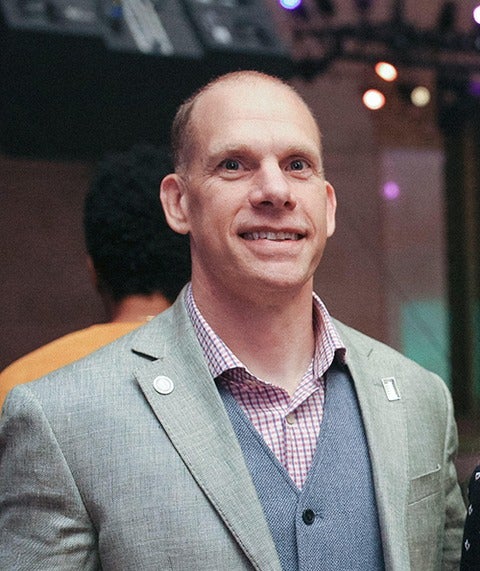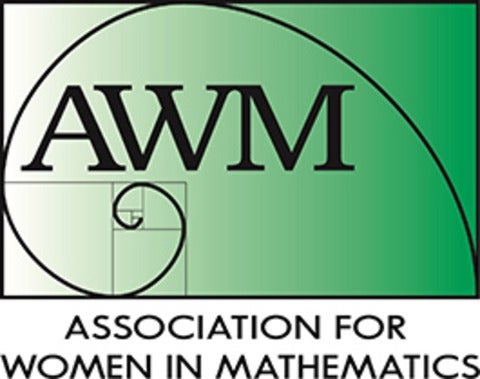Digging Deeper
She grew up in Alberta and Nova Scotia, but she considers Nanchang, China, her second home. After earning undergraduate degrees in pure mathematics and education, Alyssa Schultz Dey took a leap of faith and accepted a teaching position at the Nanchang No. 2 High School Sino-Canadian Nova Scotia International Program in southeastern China.
